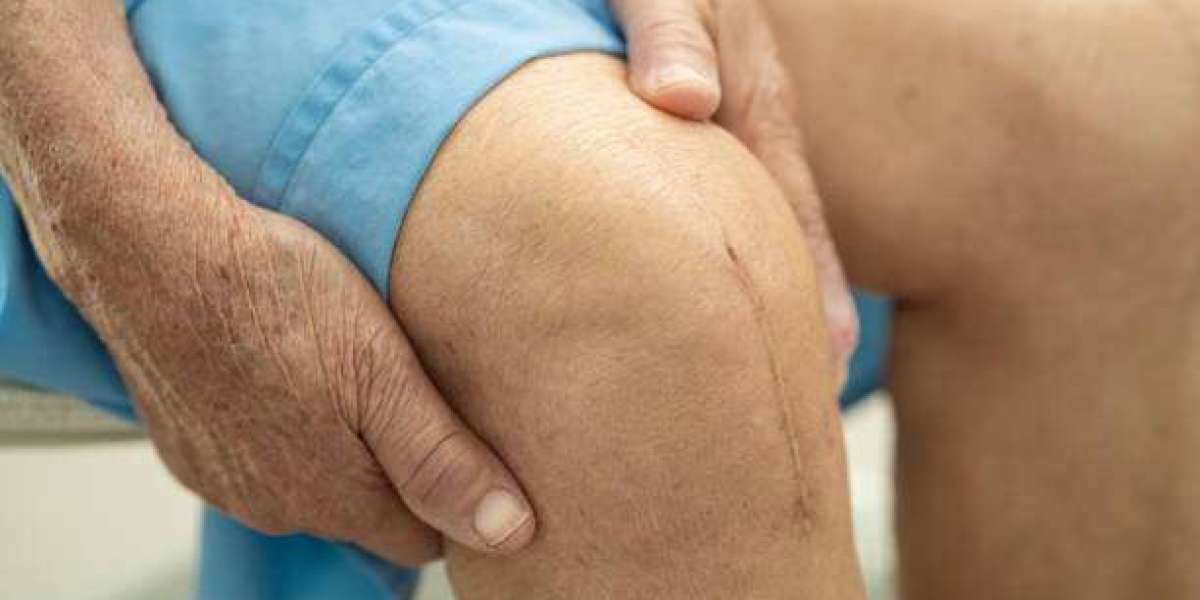Understanding Knee Health and Its Importance
The knee is a weight-bearing joint that absorbs stress with every step.
Over time, wear and tear can cause pain, stiffness, and reduced mobility.
Preventing knee damage early can delay or even eliminate the need for total knee replacement surgery.
Maintain a Healthy Weight
Excess body weight puts additional pressure on knee joints.
For every pound of extra weight, knees endure four extra pounds of force.
Losing weight reduces joint strain, improves mobility, and decreases pain.
Stay Physically Active
Regular movement strengthens muscles that support the knee joint.
Low-impact exercises like swimming, cycling, and walking keep knees flexible.
Avoid prolonged inactivity, which can weaken muscles and lead to stiffness.
Strengthen the Muscles Around the Knee
Strong thigh and calf muscles provide better support for knee joints.
Squats, lunges, and leg lifts enhance knee stability and prevent injuries.
A physical therapist can recommend safe and effective strengthening exercises.
Improve Flexibility and Balance
Stretching reduces stiffness and increases joint mobility.
Yoga and tai chi improve balance, preventing falls and knee injuries.
Regular stretching prevents tightness that can lead to joint strain.
Protect Your Knees During Physical Activity
Warming up before exercise reduces the risk of knee injuries.
Wearing supportive footwear absorbs shock and improves alignment.
Avoid sudden, high-impact movements that can stress the knee joint.
Follow a Joint-Healthy Diet
Anti-inflammatory foods can protect knee cartilage from damage.
Omega-3 fatty acids from fish and flaxseeds help reduce joint inflammation.
Calcium and vitamin D support strong bones and prevent degeneration.
Avoid Overuse and High-Impact Activities
Repetitive knee movements can accelerate wear and tear.
Activities like running on hard surfaces or jumping can increase joint stress.
Switching to low-impact alternatives can help preserve knee function.
Use Supportive Gear When Needed
Knee braces provide stability and prevent excessive joint movement.
Orthopedic insoles improve knee alignment and reduce pressure.
Using a walking aid when necessary can prevent knee strain.
Manage Knee Pain Early
Ignoring knee pain can lead to progressive joint damage.
Applying ice or heat can reduce inflammation and discomfort.
Consulting a doctor early can help prevent the need for total knee replacement surgery.
When to See an Orthopedic Specialist
Persistent knee pain that affects daily activities should not be ignored.
Difficulty walking, climbing stairs, or bending may indicate joint deterioration.
Early intervention with an orthopedic specialist can delay surgical treatment.
Conclusion
Taking proactive steps to protect your knees can significantly reduce joint damage and delay the need for total knee replacement surgery. By maintaining a healthy weight, staying active, strengthening muscles, and following a joint-friendly lifestyle, you can preserve knee function and mobility for years to come. If you experience persistent knee pain, seeking expert care early is essential. Soundarapandian Bone and Joint Hospital in Chennai offers comprehensive orthopedic services to help you maintain optimal knee health and avoid surgery whenever possible.






